
This impact story is part of a series to celebrate the extraordinary pro bono projects undertaken by legal teams to support NGOs and social enterprises with the support of TrustLaw. All projects mentioned in this series are nominated for the 2024 TrustLaw Awards.
With the proliferation of technology and internet access, perpetrators have found new ways to exploit individuals, particularly vulnerable people, for sexual purposes. Tech-facilitated sexual exploitation and abuse (TFSEA) refers to the use of technology, particularly digital communication platforms, and the internet, to perpetrate acts of sexual exploitation and abuse.
TFSEA’s extensive reach disproportionately impacts women and girls. According to UN Women and the WHO, they are more frequently targeted due to their sex and gender identity, suffer more severe forms of abuse, and endure more serious and long-lasting negative effects.”
Latest stats from the United Nations Population Fund (UNFPA) indicate that 85% of women globally have experienced or witnessed digital violence against other women. This includes non-consensual sharing of intimate images, cyberbullying, deep fakes, doxxing – a type of abuse that reveals a person’s private information – and cyber flashing. Furthermore, 57% of women have had their videos or images online abused or misused, and 96% of deep fake videos are pornography. Like in many other parts of the world, this is a concerning issue in Kenya.
Survivors are seeking justice
TFSEA is especially dangerous because a lot of online spaces do not have enough rules and regulations to protect individuals, meaning that perpetrators often do not face consequences for their harmful actions. While the Kenya Computer Misuse and Cybercrimes Act 2018 addresses technology-facilitated gender-based violence, including the sharing of intimate images, cyberbullying, and online harassment, the law is not enforced, which remains a challenge for the survivors.
Equality Now, an international non-profit organisation, approached TrustLaw for support on this issue. They were connected with a leading legal firm, Bowmans, who carried out comprehensive research into the application of laws concerning cases of non-consensual sharing of intimate images, tech-facilitated sex trafficking, online grooming, live streaming of sexual exploitation and abuse, and sexual extortion and coercion.
The legal research revealed several significant challenges hindering effective prosecution in this field. One major hurdle identified was the collection of evidence due to inconsistencies and difficulties in corroborating allegations. Additionally, legal technicalities, such as the wrong charges being selected and accused not being adequately informed of their rights, further complicated the prosecution process, leading to errors in trial proceedings and alterations to charges and sentencing. Despite existing legal measures, the protection and support offered to survivors of tech-facilitated sexual exploitation and abuse were found to be insufficient, with a predominant focus on the criminal act rather than addressing the psychological and emotional harm endured by the victims.
In response to the legal research findings, Equality Now organized a two-day meeting in Kenya, bringing together a diverse range of stakeholders, including local civil society organizations, international NGOs, and judges. The event saw in-depth discussions on existing case law and potential reforms to enhance legal and policy frameworks. Participants shared valuable insights, identifying areas for improvement in laws relevant to tech-facilitated sexual exploitation and abuse, such as the Sexual Offences Act and the Evidence Act.
Creating a safer online environment
Tsitsi Matekaire, Global Lead, End Sexual Exploitation, at Equality Now said, “Thanks to the support received through TrustLaw, Equality Now plans to leverage the outcomes of the convening to develop a set of recommendations of legal reforms for civil society organisations and policymakers. Also, collaborative efforts will be made to hold tech companies accountable for their roles in enabling TFSEA on their platforms, with a focus on policy reforms and engagement around regulation. Moreover, partnerships with other organisations working to provide online safety will facilitate the gathering of evidence from survivors, offering deeper insights into their experiences and informing advocacy efforts for amendments of the law”.
Matekaire further added, “By working collaboratively and advocating for comprehensive reforms, Equality Now aims to create a safer online environment and ensure justice and support for victims of TFSEA in Kenya.”
More Impact Stories
View All Impact Stories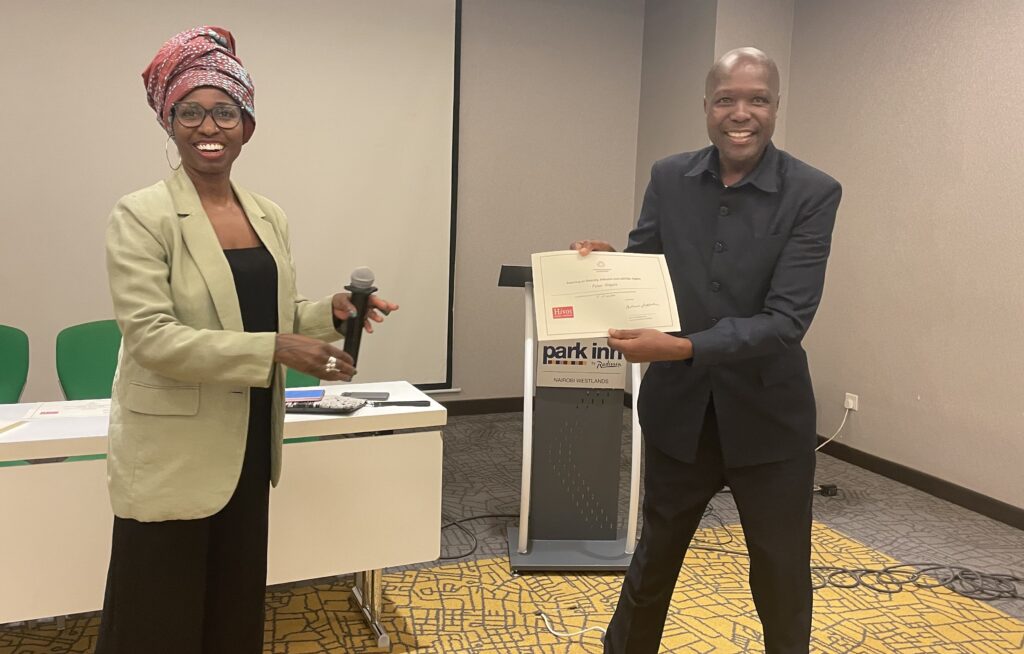
Reporting with empathy: one journalist’s journey to allyship
Discover how training from the…
Read more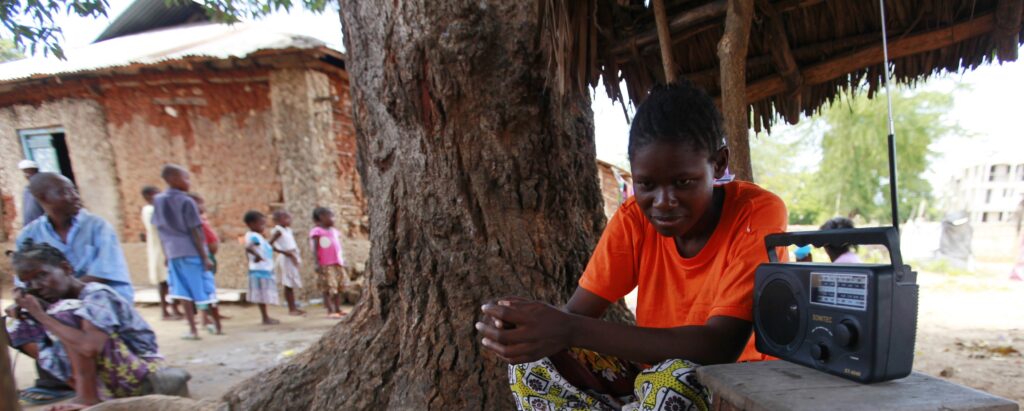
Shielding community journalism: How pro bono legal expertise broke the cycle of self-censorship for one Kenyan radio station
As Kenyan radio station Radio Domus ramped up the content it was putting out on digital platforms to…
Read more
Combatting international corruption: The pro bono research behind the landmark Foreign Extortion Prevention Act
The absence of any U.S. law stopping a foreign official from demanding a bribe from an American…
Read more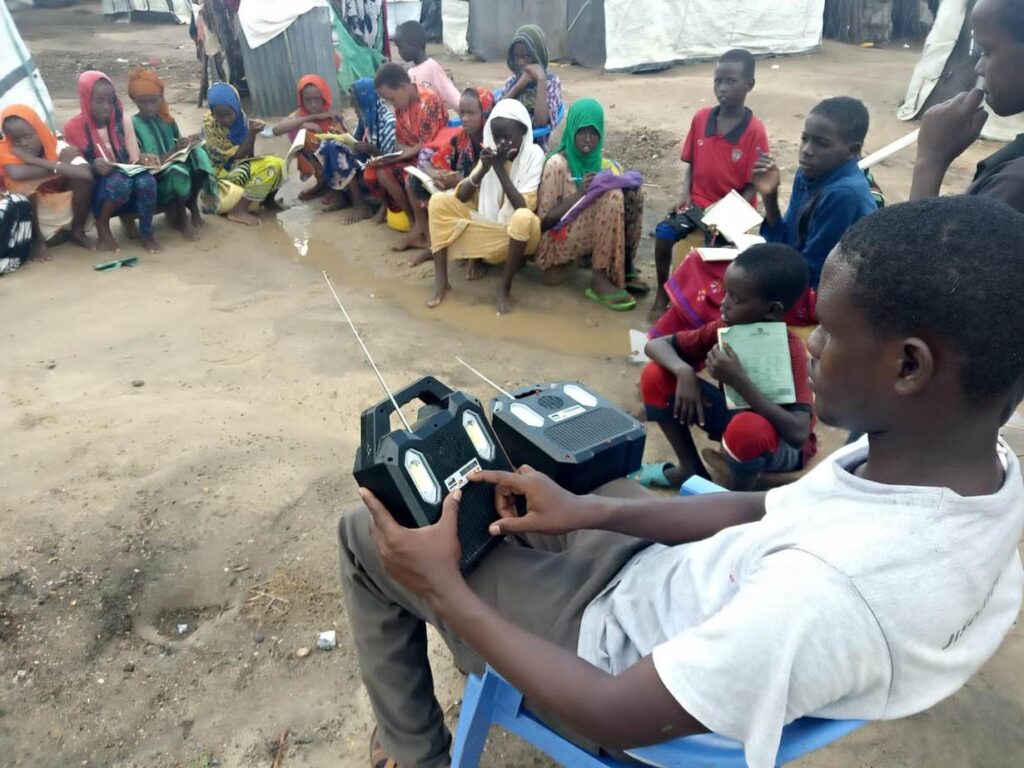
The value of pro bono: Radio Domus
Radio Domus FM is a non-profit youth-centric, 24-hour community radio station in Kajiado…
Read more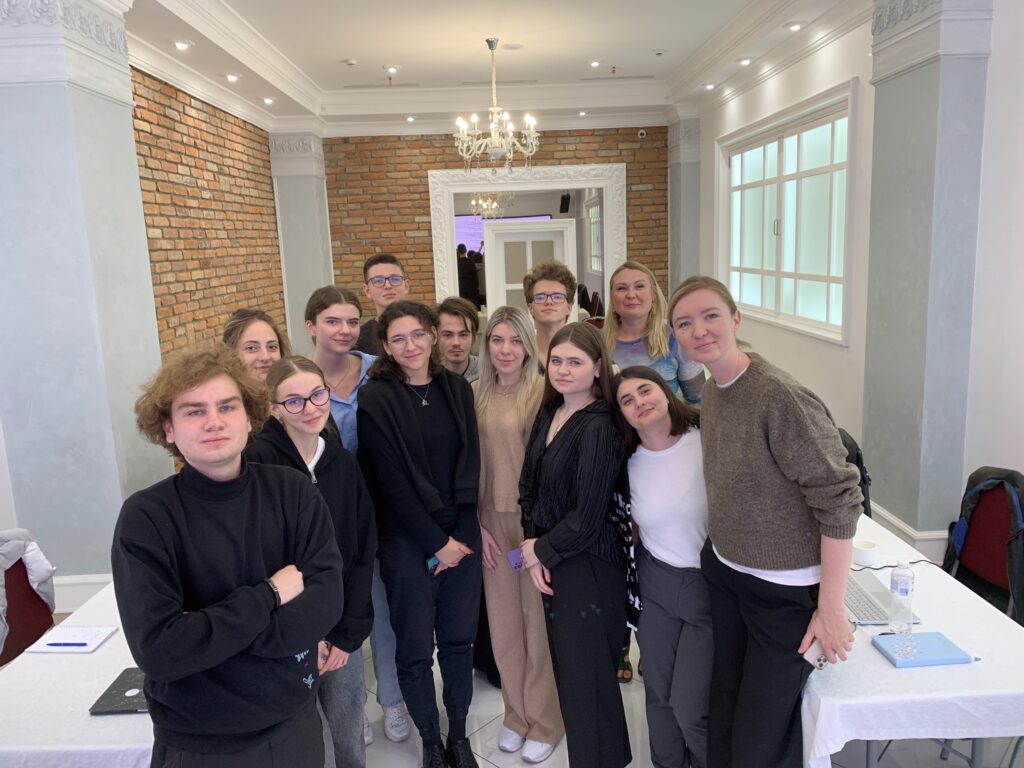

Delivering pro bono legal services in France
Participation in pro bono initiatives is on the rise in France,…
Read more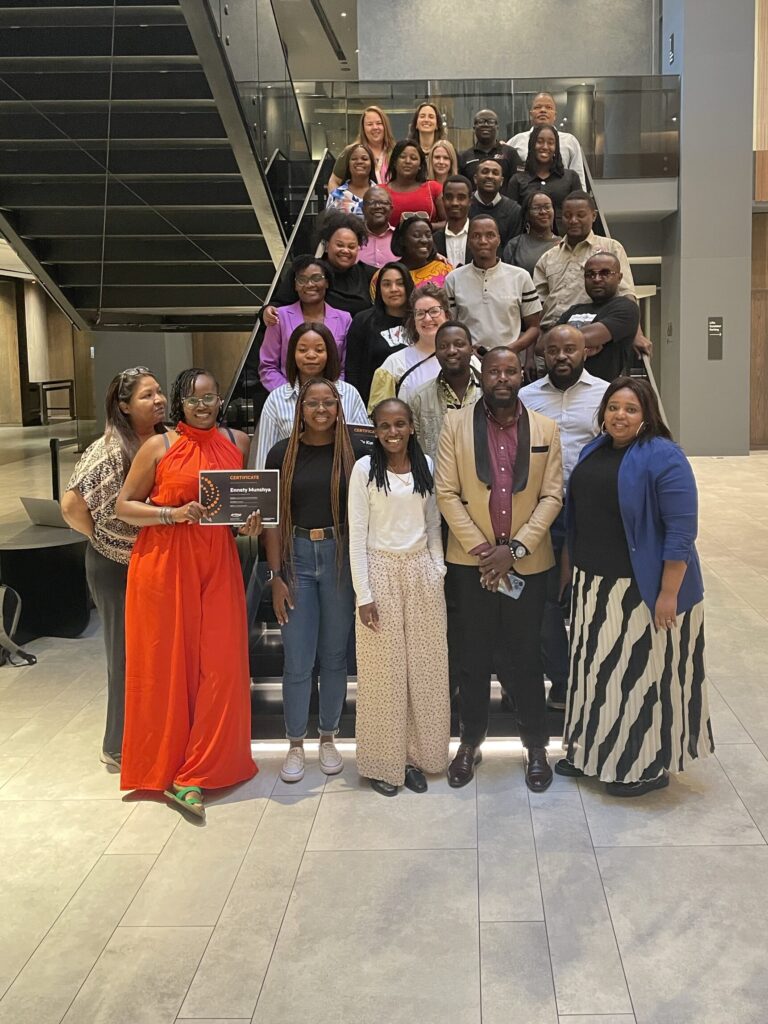
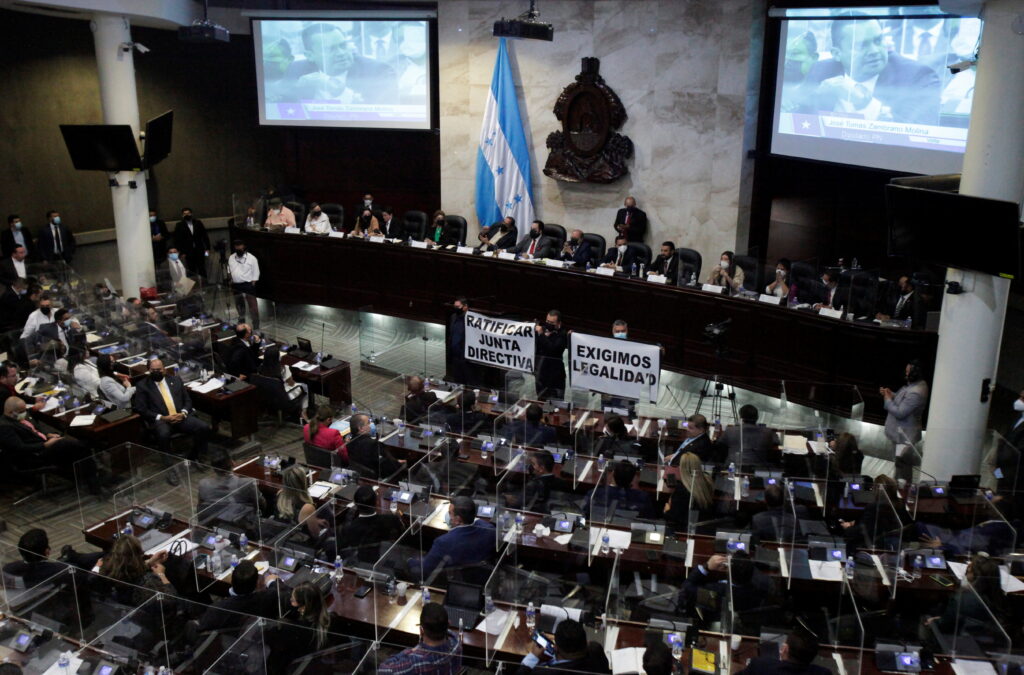
Delivering pro bono legal services in Latin America
New technologies are enhancing pro bono work in Latin…
Read more
Delivering pro bono legal services in the United States
In 2020, White & Case created its Access to Justice…
Read more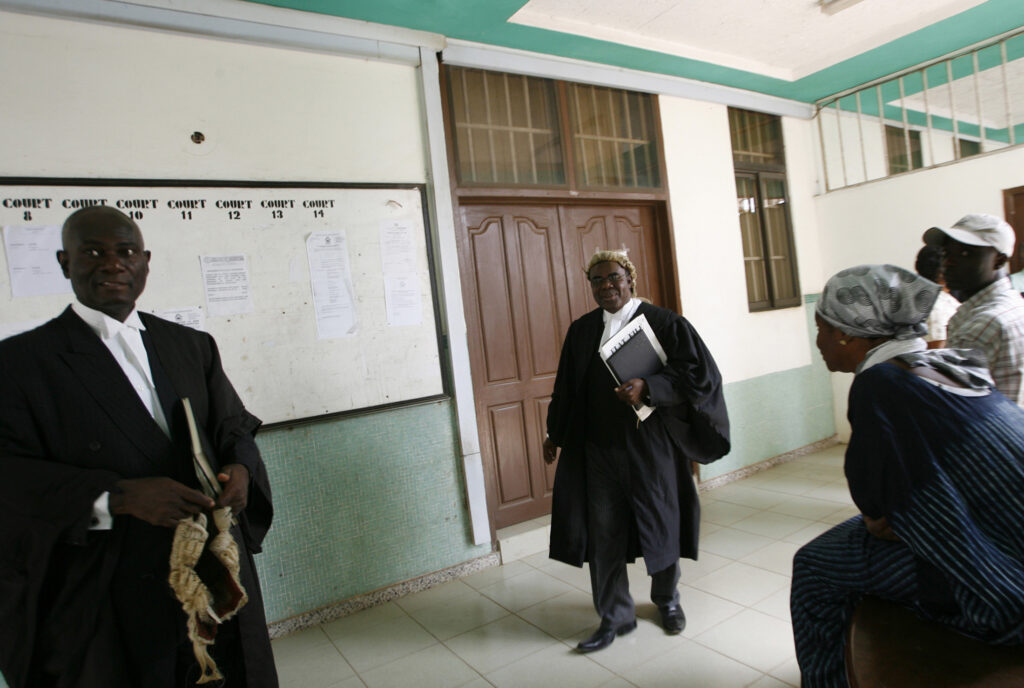
Delivering pro bono legal services in Ghana
The legal community in Ghana is frequently engaged in dialogue about…
Read more

